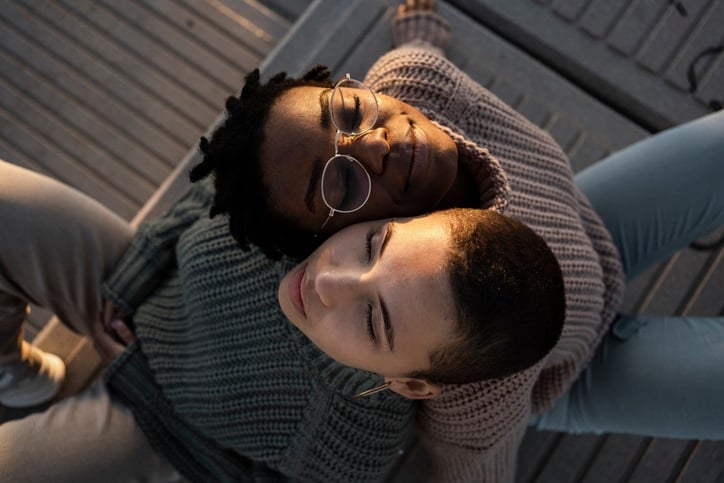
- It is not easy for rape survivors to disclose what they've been through to anyone.
- They may harbour feelings of guilt and shame; hence support is essential when they find the strength to speak out.
- Due to how society handles rape issues, disclosing and reporting the crime may feel like a sentence to the victim rather than a feeling of empowerment and protection.
Rape survivors often suffer in silence, not knowing who to turn to or how to open up about this gruesome criminal act done to them. For a survivor to open up about this, be it to a close person or the police, it is a traumatic ordeal to relive.
Can you imagine opening up to someone you trust and not getting compassion and empathy from the person?
READ MORE | 'I was scared of being slutshamed' - Fear of victim blaming stopped this woman from reporting her rape
Jennifer Papers, social worker and executive director at The Family Life Centre (FAMSA), says being a survivor of rape and abuse comes with many feelings of guilt and shame because often the victim blames themselves for the violation. "They may feel like they did something that brought on the rape or abuse," she says.
READ MORE |‘I will never report my rape’ - 3 women tell us why they won’t go to the police
Jennifer lists ways to offer support to victims of rape:
- Let the victim know that you believe the assault on them indeed happened.
- Do not make them feel judged in any way.
- Encourage them to report the rape and offer your support.
- Let them know that it was none of their fault.
- Acknowledge that what they experienced should never have happened to them.
Offer the victim resources for counseling and victim support. Let them know that they can trust you. "In most cases of rape or abuse, the perpetrator is known by family and friends. It is important to remember that perpetrators of such crimes are often well-loved, respected, and admired by many because of their ability to manipulate and charm their audience," Jennifer says.
Among other things, not to ask the survivor at this time are the following:
- "Are you sure he raped you?"
- "What were you thinking wearing that outfit?"
- "Why were you looking for trouble being out so late?"
- "What did you do to make him do that?"
To someone who has not gone through the experience of being raped, it might seem like a 'logical' thing to report the case, but people process trauma differently. Every experience is unique. Jennifer says while other victims may gain the strength to speak out finally, others never do, and this perpetuates the continued rape and abuse on other victims.
"Dealing with the aftermath of rape or abuse can cause so much fear and anxiety for victims. Society is programmed to believe that rape is a consequence of a victim's wrongdoings, and the justice system often crucifies victims who speak out. Therefore, disclosing rape or abuse and reporting the crime feels like a sentence handed over to the victim rather than a feeling of empowerment and protection," she explains.
READ MORE | OPINION | The only way to tackle gender-based violence is at its root: the offenders
Jennifer says fear is a common reason for lack of disclosure. "Fear of retaliation from the perpetrator, the fear of being called a liar and the fear of destroying your reputation. There's fear of being blamed for the crime and of being accused of malicious intent. All these prevent victims from speaking out for years," she adds.
It is something that is seen far too often at FAMSA, hence they have trained highly qualified and skilled counselors who will walk the road to justice, healing, and restoration with every victim.
If you or someone you know needs help, you can contact one of the organisations below:
FAMSA:011 788 4784 (Johannesburg), other branches available however, this office will redirect.
Gender-based violence Command Centre: “Please call me” facility: *120*7867# Emergency line: 0800 428 428
POWA helpline: 011 642 4345
SADAG has a WhatsApp counselling line that operates from 9am to 4pm: 076 882 2775
To speak to a SADAG counsellor: 0800 567 567
Tears Foundation helpline: *134*7355#




 Publications
Publications
 Partners
Partners












